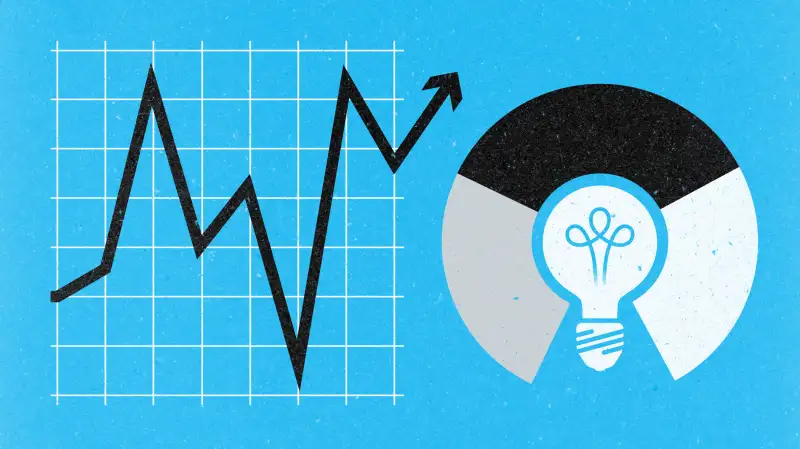What the Bond Market Says About Stocks — and Vice Versa
Money is not a client of any investment adviser featured on this page. The information provided on this page is for educational purposes only and is not intended as investment advice. Money does not offer advisory services.

Q: Is there any relationship between the value of stocks and bonds? – E. Phong, Houston
A: Without a doubt, there is a relationship between equities and fixed income, but as you'd expect it’s complicated.
The explanation starts with the fact that stocks and bonds tend to move in different directions because they are competing for some of the same dollars that investors seek to deploy.
For example, when equities appear risky, investors will seek the relative safety of bonds — and that drives up fixed income values. And if stocks seem like a good bet, investors will dump lower-returning bonds for the promise of higher gains in stocks.
“When investors fear that growth opportunities will be scarce they are happy to have the fixed-income payments of bonds,” says Daniel Loewy, the chief investment officer and co-head of multi-asset solutions at AllinaceBernstein. “When growth fears abate and the reverse happens, stocks tend to appreciate and bonds tend to fall.”
Read next: Vanguard’s Founder Explains What Your Investment Adviser Should Do
For this reason, stock and bond values tend to have an inverse relationship with one another. This is why investors have, for the last couple of decades, counted on bonds to help reduce volatility in their portfolios. It's also why a well-diversified portfolio holds both stocks and bonds.
Sounds simple enough. But here's where things get more complicated: Despite this dynamic, there will be times when stocks and bonds move in unison. Yet it's often difficult to predict when that will happen.
Following the financial crisis of 2008, for example, investors dumped equities and corporate debt with abandon – though bonds recovered faster than stocks. Likewise, there've been times, including over the past few years, where bond and stock prices appreciated in tandem.
The extent to which bonds and stocks move together – or do not – will depend on what’s happening in the economy and the type of securities you're dealing with.
For example, because high-yield corporate bonds generally do well in a growing economy — when there is less risk of defaults — these securities often move in sync with stocks. Likewise, certain sectors of the stock market may move up and down with bonds. “A current example is REITs,” says Loewy, referring to real estate investment trusts, which trade like stocks but have many of the same qualities as bonds.
Inflation is another wildcard. When investors worry about inflation, it can be bad news for bonds – whose fixed payments will be worth less in real terms – and for sometimes stocks because future earnings aren’t as valuable when prices are rising.
In the near term, that double whammy is unlikely. “Inflationary pressures are low," says Loewy, "and the Fed has made it clear it will raise rates slowly over a period of time."